.jpg )
There are several considerations when choosing and setting up the right vehicle for 4x4 touring. Here are some of the pros and cons of different vehicle types.
Wagon or Ute?
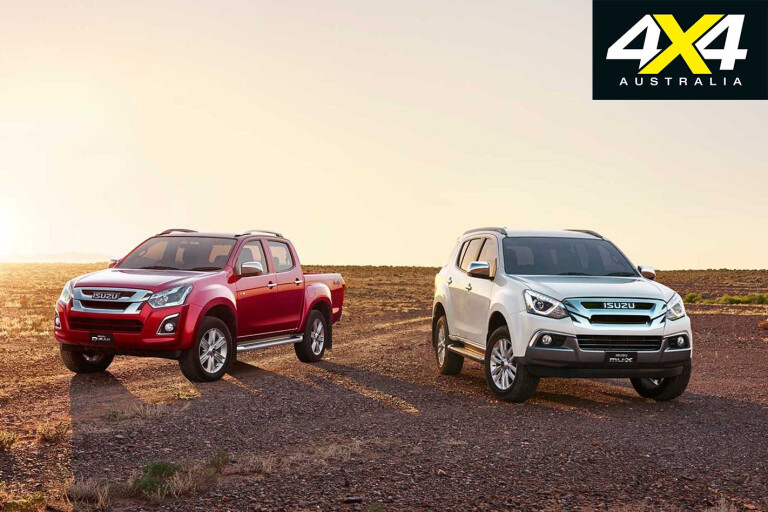
The wagon or ute decision will come down to how much gear you need to carry on your trip. Four-wheel drive utes have significantly more load-carrying capacity than 4x4 wagons and, these days, they have comparable equipment levels and safety features, decent off-road performance and reasonable on-road ride and handling.
A good 4x4 wagon will always offer a better ride than a 4x4 ute, and it will offer greater protection for your luggage with far greater weather and dust sealing. However, some modern 4x4 wagons are severely lacking when it comes to overall payload capacity, especially once equipped with weighty accessories such as a bullbar, dual-battery system, winch, extra spare wheel and/or a long-range fuel tank.
This is where a ute equipped with a canopy becomes an attractive proposition, thanks to its much greater payload and a larger cargo area. However, bear in mind you’ll need to stump up for a good quality canopy and a tailgate dust-sealing kit to keep your gear dry and dust-free.
Remember, utes are generally longer than wagons, with a longer wheelbase; so if it’s going to double as your daily driver, it won’t be as convenient or manoeuvrable around town as a wagon.
New or Used?
.jpg )
A shiny new 4x4 or a used rig? Both have their pros and cons.
The obvious benefits of buying a new vehicle are that you’ll write the vehicle’s history yourself, including its driving and service records, and you’ll have access to the full warranty period as well as any fixed-price servicing on offer. You can also set up a new vehicle just how you want it, before or after taking delivery, with your choice of tyres, suspension, protection equipment and more.
On the downside, much of the initial purchase price of a new vehicle will be lost as soon as you drive it off the showroom floor.
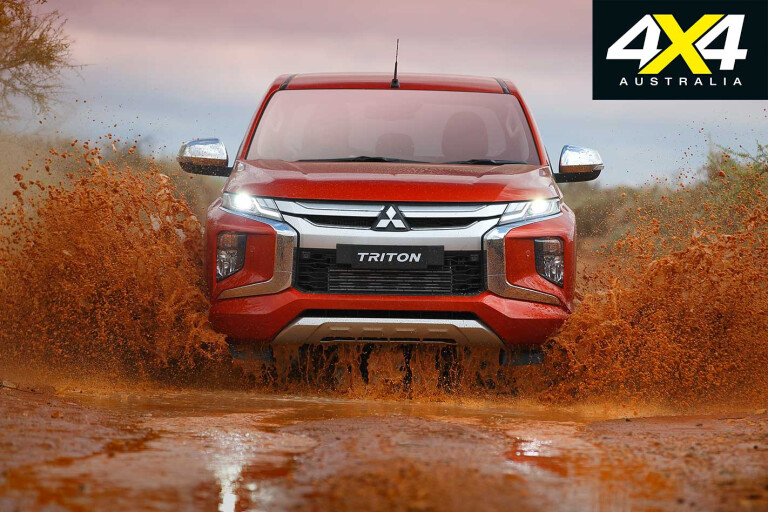
The main advantage of buying a used 4x4 is price, and if you look around long enough you’ll no doubt find a bargain. You might even find a vehicle loaded with all the accessories you want. On the downside, you never really know a vehicle’s complete history, and some modifications may have been made that don’t quite suit your requirements.
It should also be noted that many people off-load new vehicles just as they approach the end of the warranty period, and if you buy one of these you could potentially be up for the cost of expensive repairs, especially if it’s a private sale.
Petrol or Diesel?
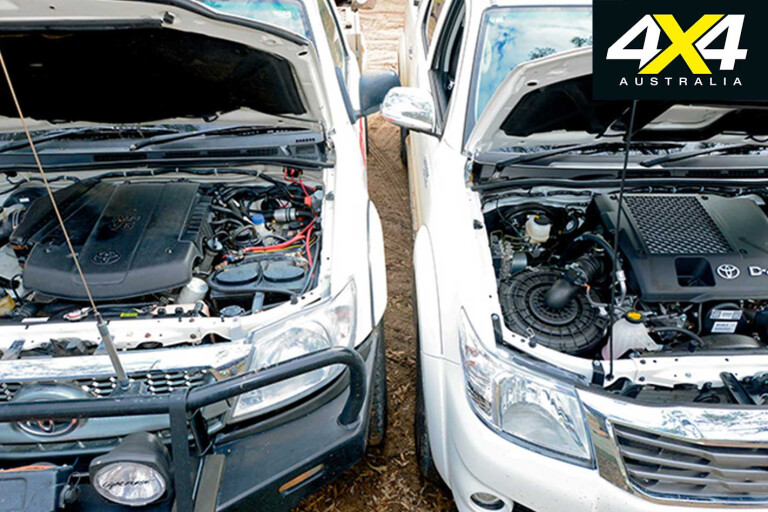
Diesel vehicles have several advantages over petrol-powered ones, both on- and off-road. While many petrol engines produce more peak power than their respective turbo-diesel counterparts, they do so at much higher revs. Turbo-diesel engines, on the other hand, usually offer better low-rpm and midrange torque, which is beneficial when driving off-road or when towing.
When it comes to refinement, there’s no doubt petrol engines are generally smoother and quieter than diesel engines, but modern turbo-diesel engines have come a long way in the past few years and are more refined than ever. Diesel engines offer a fuel-economy advantage over petrol engines, especially when under heavy loads.
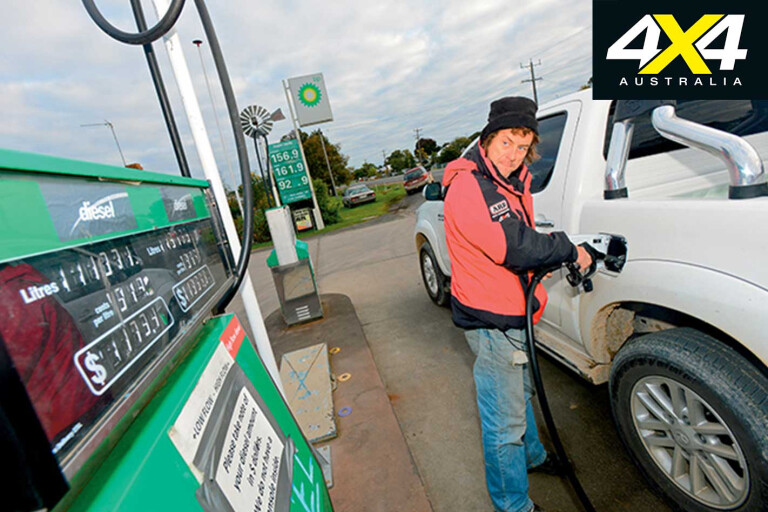
If fitted with a good quality snorkel, a diesel 4x4 will more likely make it through a deep water crossing than a petrol-powered 4x4, due to the latter’s electrical rather than compression ignition.
While diesel vehicles often cost more than their petrol-powered equivalents, this can usually be recouped thanks to higher resale values. Diesel is also a safer fuel to handle and transport than petrol. Plus, if you want to travel long distances in the bush, or tow a trailer or caravan, diesel is the best choice.
Improvements
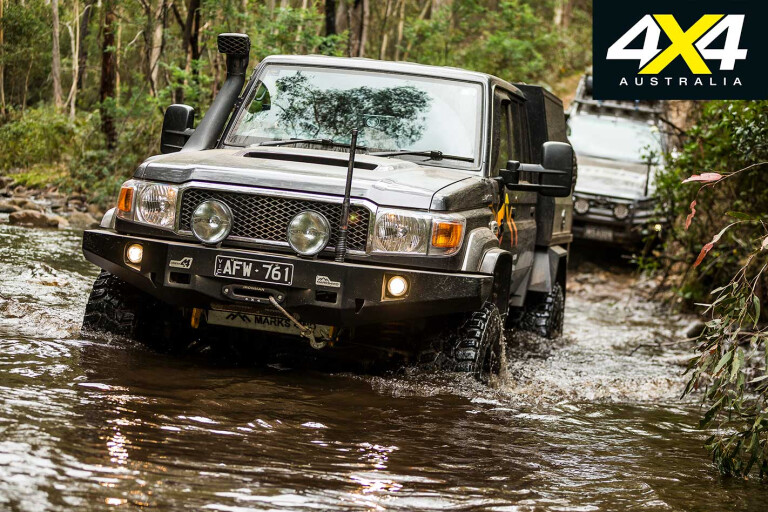
No matter what vehicle you buy there’s always room for improvement. Thankfully, Australia has the best four-wheel drive aftermarket industry in the world, with a huge range of innovative and well-engineered products designed and developed locally to suit a wide range of vehicles.

COMMENTS